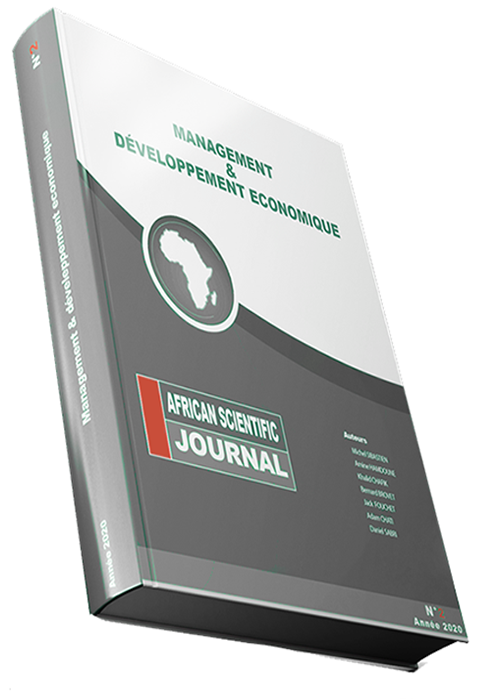FDI and Inclusive Development What Institutional Levers to Reduce Regional Inequalities A Comparative Study
DOI :
https://doi.org/10.5281/zenodo.15927270Résumé
Abstract:
This study investigates the institutional mechanisms through which Foreign Direct Investment (FDI) contributes to inclusive development and reduces regional inequalities in Sub-Saharan Africa. Focusing on three representative countries Nigeria, South Africa, and Ethiopia this research adopts an Autoregressive Distributed Lag (ARDL) panel model over the period 2011 to 2024 to examine the long-run and short-run relationships between regional inequality and key explanatory variables: FDI inflows, GDP per capita, institutional quality, and infrastructure investment. The results reveal that while FDI reduces spatial disparities in Nigeria and South Africa, it exacerbates them in Ethiopia, where investment is spatially concentrated. Furthermore, institutional quality and infrastructure investment consistently demonstrate significant negative effects on regional inequality, highlighting the critical role of governance and territorial planning in ensuring inclusive development. The findings emphasize the need for differentiated policy approaches that integrate economic, institutional, and spatial dimensions of development, and call for stronger regional governance frameworks to harness FDI for equitable growth. The study offers actionable policy recommendations and contributes to the growing literature on spatial justice and developmental state strategies in Africa.
Keywords: Regional inequality; Inclusive development; Foreign direct investment (FDI); Institutional quality; Infrastructure; ARDL model; Sub-Saharan Africa; Nigeria; South Africa; Ethiopia; Spatial disparities.
Téléchargements
Publiée
Comment citer
Numéro
Rubrique
Licence
(c) Tous droits réservés African Scientific Journal 2025

Ce travail est disponible sous licence Creative Commons Attribution - Pas d'Utilisation Commerciale - Pas de Modification 4.0 International.





















